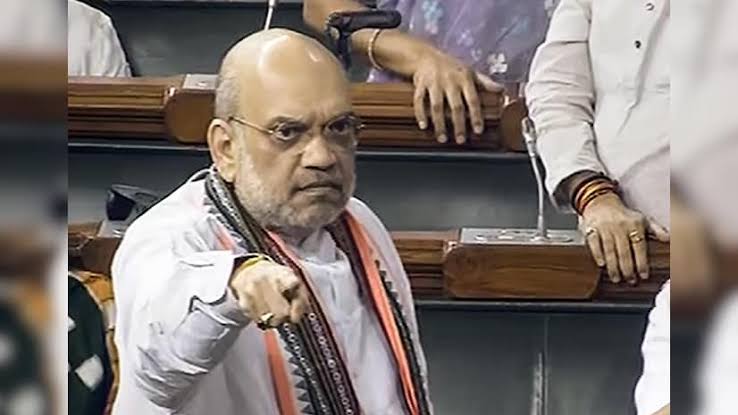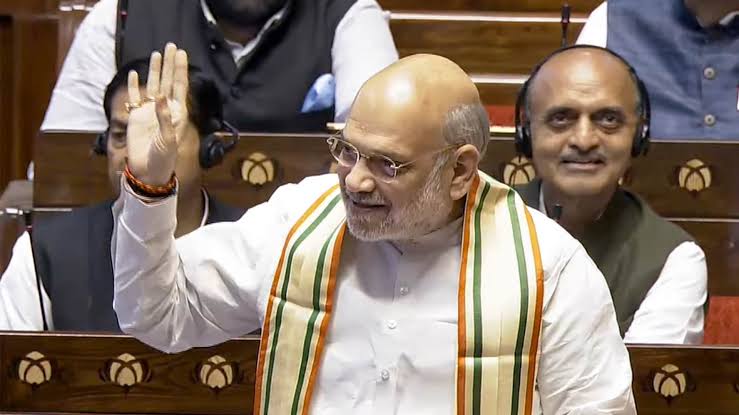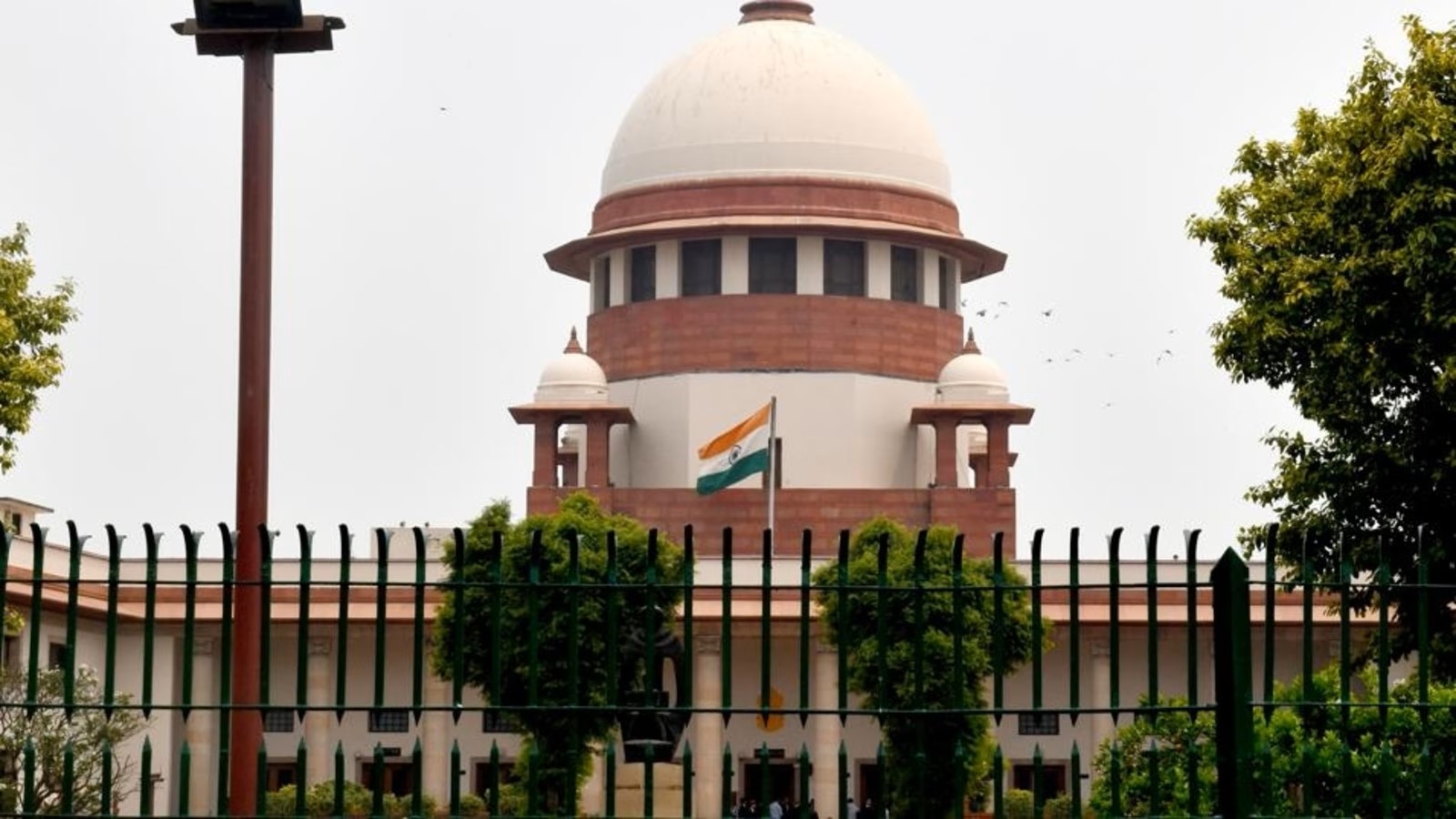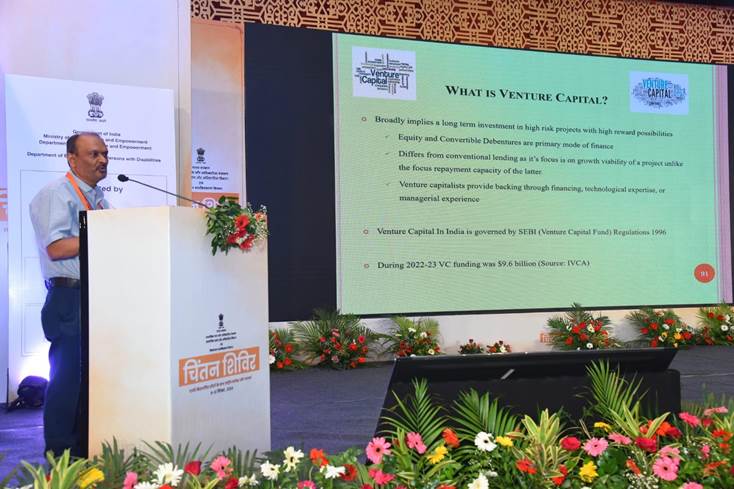Minister Amit Shah, addressing the Rajya Sabha, emphasized the transformative impact of the Disaster Management (Amendment) Bill, 2024, which was passed by Parliament today. Highlighting India’s proactive approach to disaster management under Prime Minister Narendra Modi’s leadership, he asserted that the government is moving beyond mere response and recovery toward comprehensive risk reduction.
 Shah underscored India’s shift from a reactive to a proactive strategy, focusing on zero casualties rather than just minimizing loss. He credited Modi’s government for significantly increasing financial aid to states for disaster management, providing three times more funds than the previous regime. He also highlighted the misallocation of funds in the past, alleging that money from the Prime Minister’s National Relief Fund was given to the Rajiv Gandhi Foundation.
Shah underscored India’s shift from a reactive to a proactive strategy, focusing on zero casualties rather than just minimizing loss. He credited Modi’s government for significantly increasing financial aid to states for disaster management, providing three times more funds than the previous regime. He also highlighted the misallocation of funds in the past, alleging that money from the Prime Minister’s National Relief Fund was given to the Rajiv Gandhi Foundation.
The minister explained that the bill enhances transparency, accountability, efficiency, and collaboration in disaster response. He pointed out that India has set a global precedent with initiatives like the Coalition for Disaster Resilient Infrastructure (CDRI), demonstrating its leadership in managing disasters. Given the increasing frequency and intensity of disasters due to climate change, Shah stressed the need for reforms in institutional frameworks, accountability measures, and response mechanisms.
Reflecting on India’s response to past disasters, Shah compared past cyclones, where thousands perished, with recent cyclones under the Modi government, where fatalities were drastically reduced. He cited the successful handling of the COVID-19 pandemic, highlighting India’s rapid vaccine development and distribution, which was achieved in record time.
Shah assured the House that the amendment bill does not centralize power but rather strengthens local governance. It enhances the role of the District Disaster Management Authorities (DDMAs) and includes provisions for an Urban Disaster Management Authority under state control. The bill also gives legal backing to the National Disaster Management Authority (NDMA) and State Disaster Management Authorities (SDMAs), ensuring better implementation of disaster mitigation plans.
The minister detailed India’s global outreach in disaster relief, mentioning successful operations in Nepal, Indonesia, Turkey, Myanmar, and Vietnam. He emphasized that India’s National Disaster Response Force (NDRF) has gained international recognition for its efficiency and bravery.
Shah also announced an expansion of the ‘Aapada Mitra’ program, which trains local volunteers to respond to disasters. He praised the growing role of women in disaster management and stated that the number of community volunteers would be increased to over three lakh.
Further, he listed technological advancements that have improved disaster preparedness, such as early warning systems, AI-based monitoring, and mobile applications providing real-time weather updates.
Turning to environmental efforts, Shah highlighted Modi’s global leadership in sustainability, pointing out initiatives like the International Solar Alliance, the Global Biofuel Alliance, and the “One Sun, One Earth, One Grid” project. He emphasized India’s commitment to achieving Net Zero Carbon Emissions by 2070 and lauded efforts such as the Swachh Bharat Mission and Ujjwala Yojana for their role in reducing environmental risks.
On COVID-19 management, he described how India’s use of technology ensured efficient vaccine distribution and credited Modi’s leadership for uniting the country in its fight against the pandemic.
In response to concerns over disaster relief funding, Shah provided figures on state allocations, assuring that every state received fair financial support. He also announced additional funds for fire-fighting measures across several states.
The passage of the Disaster Management (Amendment) Bill, 2024, marks a significant step in India’s efforts to build a resilient and responsive disaster management system. With an emphasis on innovation, efficiency, and local participation, the government aims to ensure that India remains a global leader in disaster risk reduction.




